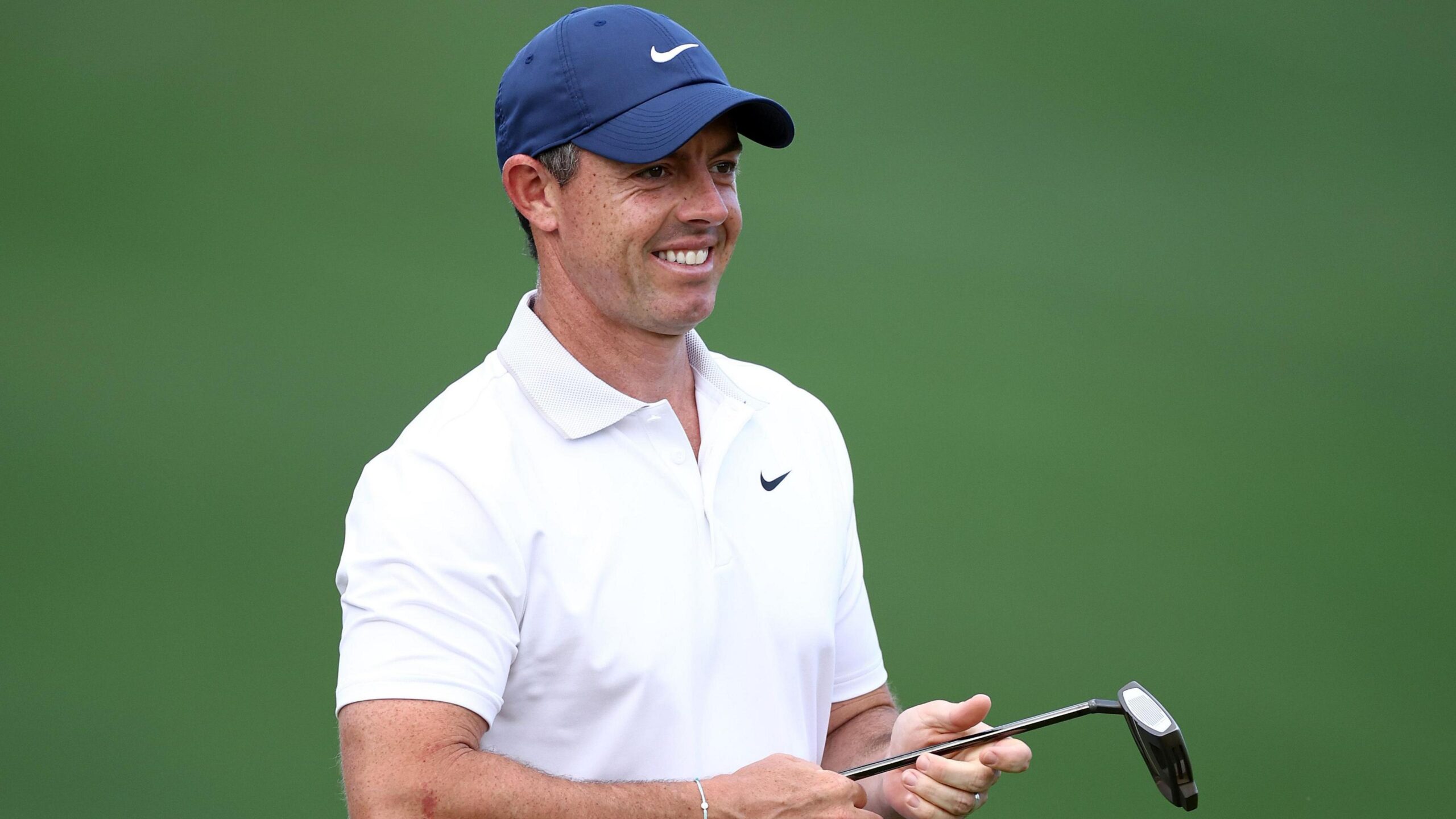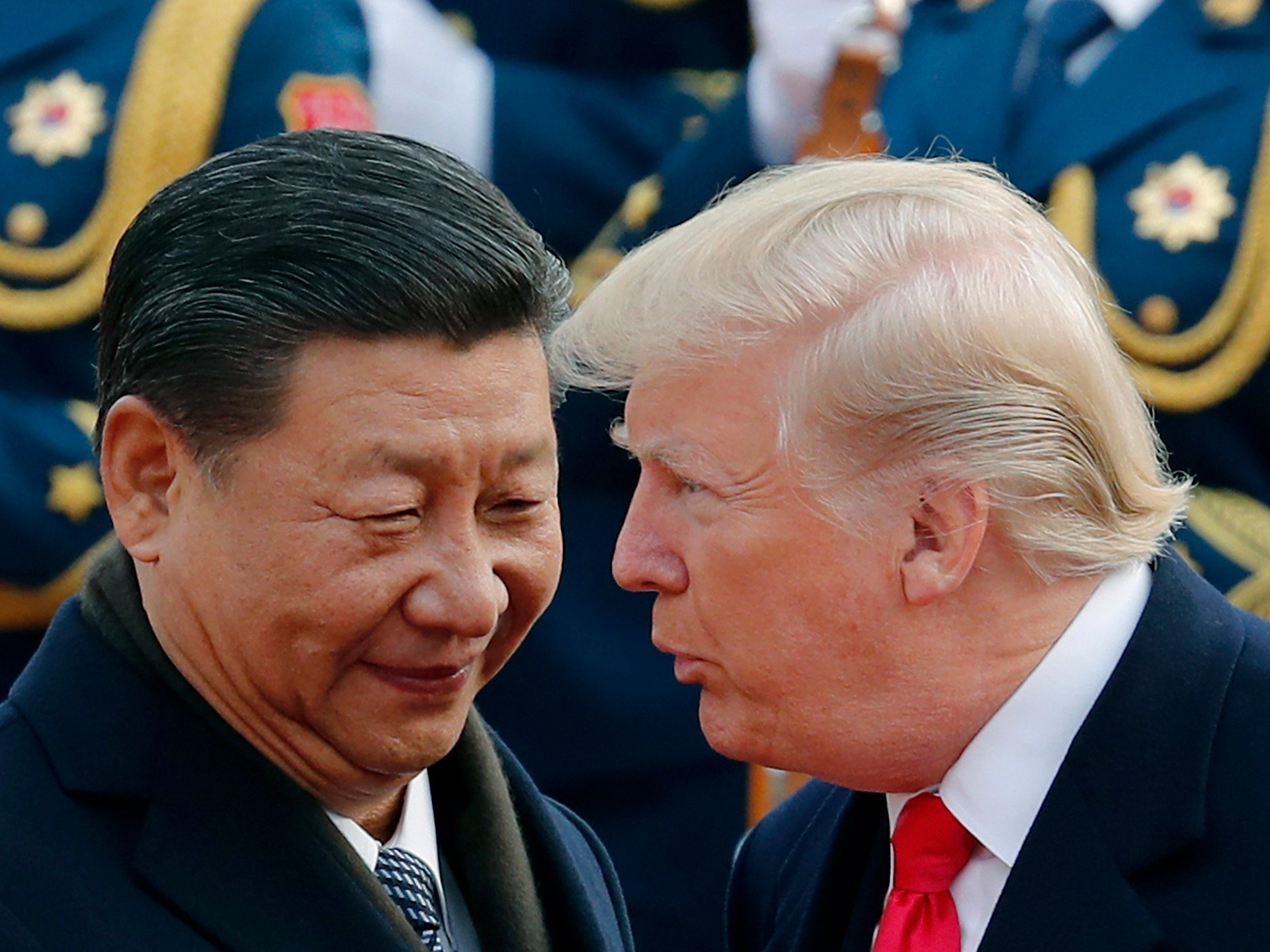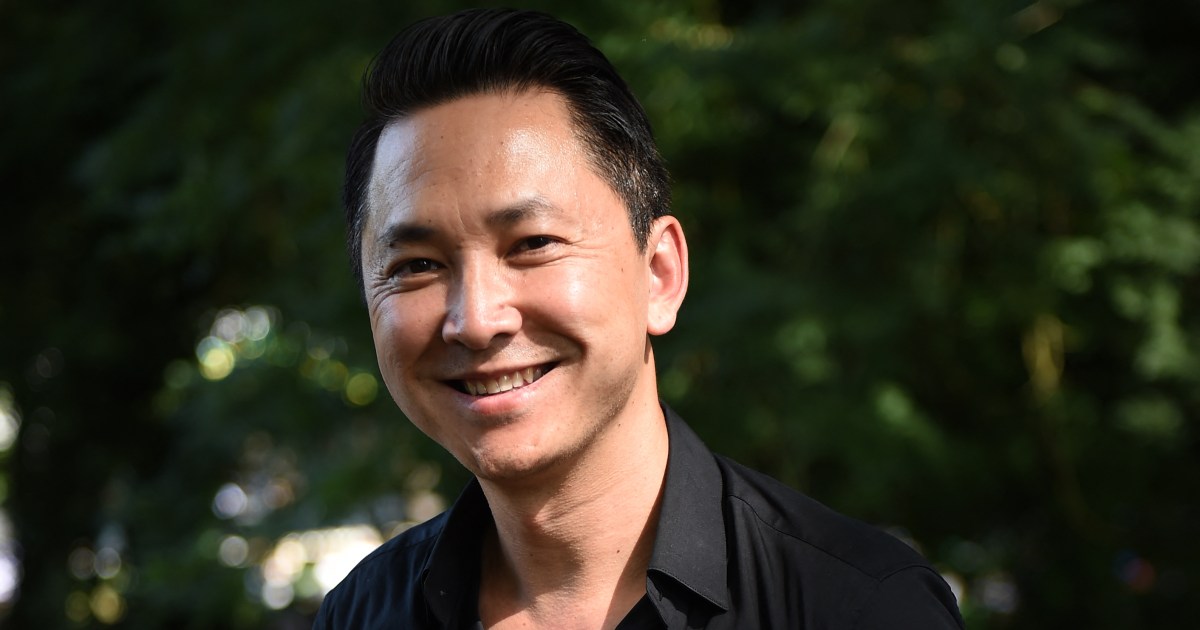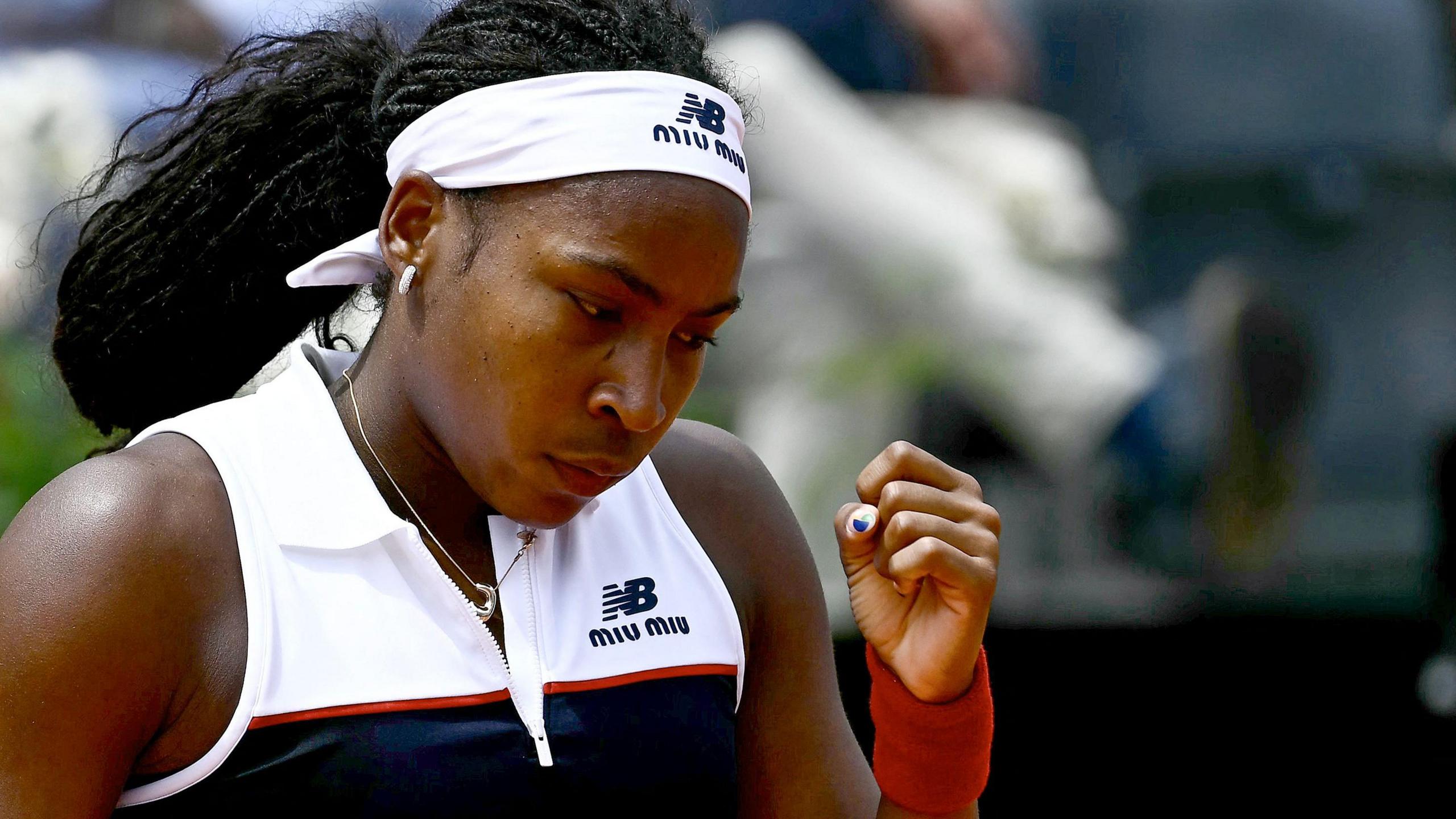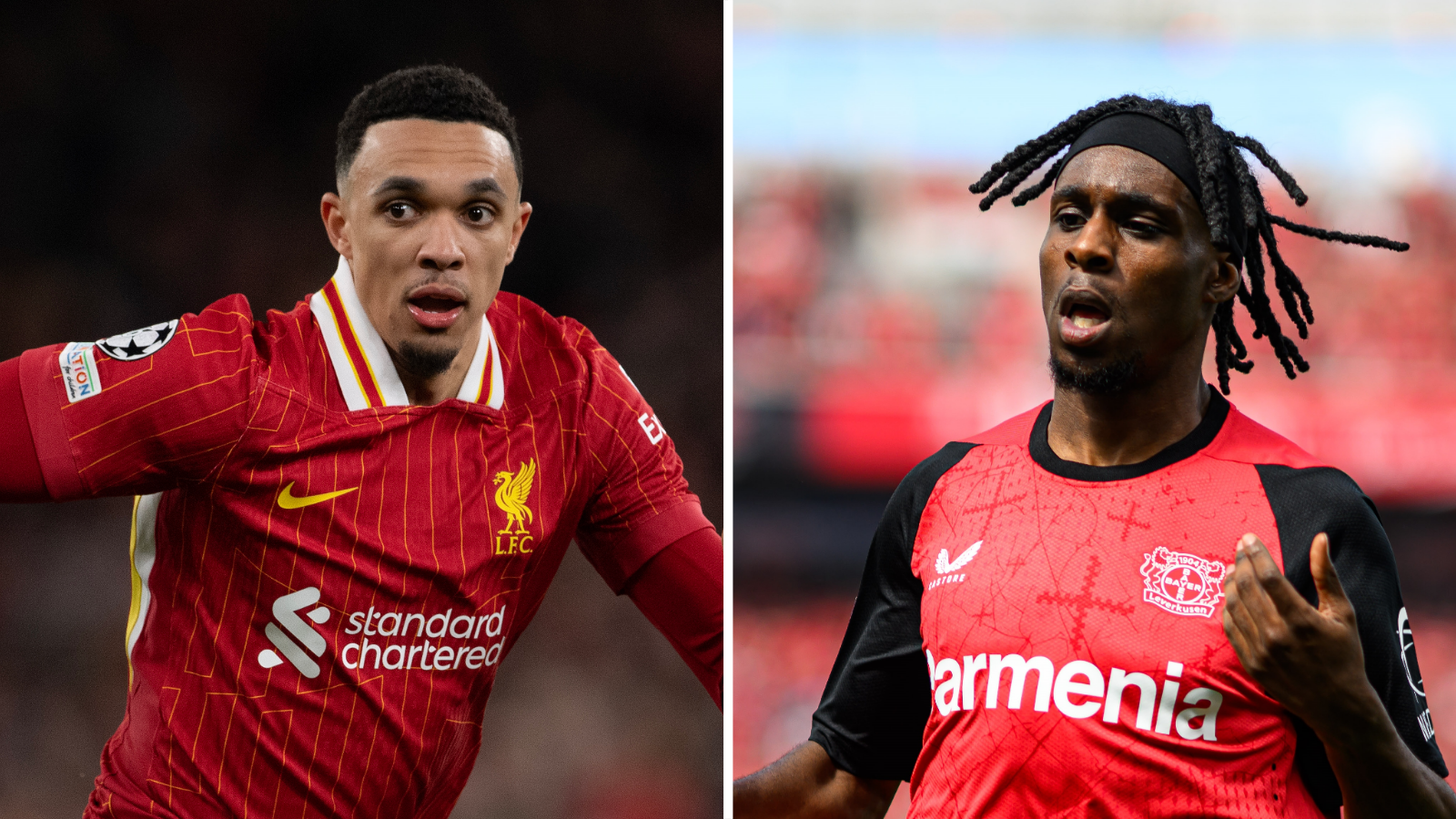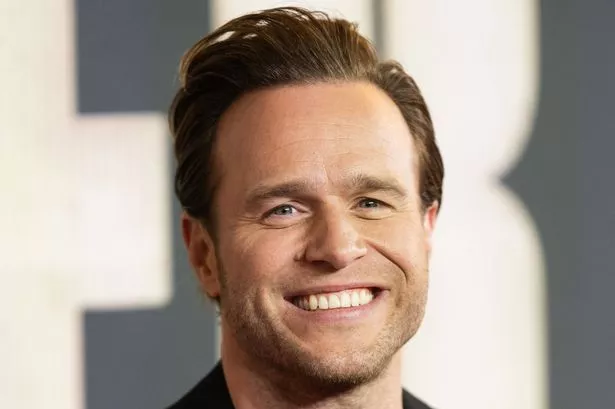On Monday, the United States and China reached an agreement to slash sky-high tariffs for 90 days. Though both sides claimed they could withstand a long trade war, they reached a truce quicker than many analysts expected.
The breakthrough marked a dramatic ratcheting down of trade tensions following the tariff war launched by US President Donald Trump during his “liberation day” announcement on April 2.
Trump initially unveiled so-called reciprocal tariffs on dozens of countries before pausing them just one week later. China, however, did not get off the hook and Beijing soon retaliated with tariffs of its own.
Tit-for-tat exchanges quickly snowballed into eye-watering sums. By April 11, tariffs on Chinese goods entering the US had reached 145 percent and levies on US products going to China had swelled to 125 percent.
Tensions were already at boiling point last weekend when US Treasury Secretary Scott Bessent and He Lifeng, China’s vice-premier, agreed a ceasefire that would slash respective tariffs by 115 percentage points for three months.
US duties on Chinese products will now fall to 30 percent, while China’s tariffs on US goods will drop to 10 percent. Stock Markets rallied on the news, with the Nasdaq Composite climbing 4.3 percent on Monday and gaining 20 percent over its April low.
But one key question has significant implications for trade talks to come: Did Washington or Beijing flinch first?
What did the two countries say?
The tariff suspension, which was sharper than analysts expected, came after two days of trade talks in Geneva, Switzerland. On Monday, the US and China released a joint statement announcing the deal.
The two countries acknowledged the importance of their “bilateral economic and trade relationship” as well as the importance of a “sustainable, long-term, and mutually beneficial economic and trade relationship”.
The US and China agreed to establish a mechanism to continue discussing trade relations. China also agreed to “suspend or cancel” non-tariff measures against the US, but did not provide any details.
Speaking to reporters in Geneva last weekend, China’s Vice Premier He described the talks as “candid, in-depth and constructive”.
For his part, US Treasury Secretary Bessent told Bloomberg Television on Monday that “both sides agree we do not want a generalised decoupling.”
“The US is going to do a strategic decoupling in terms of the items that we discovered during COVID were of national security interests – whether it’s semiconductors, medicine, steel,” Bessent said.
After the talks concluded, Trump praised negotiations as a “great trade deal”, adding “we’re not looking to hurt China.” He then claimed a personal win, saying he had engineered a “total reset” with Beijing.
Elsewhere, Hu Xijin, former editor of the Chinese state-run Global Times publication, said on social media that the deal was “a great victory for China”.
What are the terms of the pause?
After the tariff pause had been announced, Bessent said it’s “implausible” that reciprocal tariffs on China will fall below 10 percent. However, he said the April 2 level – set by President Trump at 34 percent – “would be a ceiling”.
He also said “we could see some amount of the fentanyl tariffs… come off.” Earlier this year, Trump put a 20 percent tariff on China, accusing it of not doing enough to stop the flow of fentanyl, a highly addictive and deadly opioid, into the US.
For now, Chinese goods will continue face a 30 percent tariff. In addition, specific products from China, such as electric vehicles, steel and aluminium, are subject to even higher, separate tariffs imposed in recent years.
On Monday, the White House also issued an executive order lowering duties on low-value packages – items costing up to $800 – from China from 120 to 54 percent.
And while a minimum $100 fee on packages from e-commerce sites Temu and Shein will remain in place, the increase to $200 planned for June 1 was dropped.
On the flip side, Beijing pledged to suspend non-tariff forms of retaliation imposed since April 2, such as export restrictions on critical minerals that US manufacturers use in high-tech equipment and clean energy technology.
Notably, the deal does not include concessions from Beijing on several US sticking points, like its huge trade surplus with the US or its exchange rate policy, China is accused of keeping its renminbi artificially low in order to boost export sales.
Tariff suspensions will be in place for 90 days. They will be subject to reviews based on broad negotiations in the coming weeks and months.
Who conceded more ground?
The speed with which the US and China unwound their tariffs, taking many analysts by surprise, suggests the trade war was inflicting pain on both sides.
The tariffs were threatening job losses for Chinese factory workers and higher inflation and empty shelves for American consumers.
But for Piergiuseppe Fortunato, an adjunct professor of economics at the University of Neuchatel in Switzerland, it is clear who wanted the deal more badly.
“First of all, America made more concessions than China. Second, America’s economy, which is unsteady at the moment, is more reliant on China’s than the other way around.”
In April, the International Monetary Fund (IMF) warned that the US economy was facing an increased risk of recession as Trump’s trade war – and the accompanying increase in consumer prices – could unleash a “significant slowdown”.
Fortunato told Al Jazeera that “Beijing is not in such a precarious position. Take, for example, its latest export figures.”
China’s exports grew sharply in April. The strong performance, an 8.2 percent increase from the year before, came as Chinese firms diverted trade flows to Southeast Asia, Europe and other destinations.
“I think that Washington overplayed its hand with Beijing,” says Fortunato.
“The White House overestimated the importance of the US market, and underestimated China’s success in diversifying its exports away from the US since the first Trump trade war” in 2018.
What will happen next?
“It could take a long time to reach a detailed agreement, if one is even possible,” notes Fortunato.
In 2018, the US backed away from a potential trade deal following talks with Beijing. The next 18 months saw tariff exchanges before a Phase One deal was signed in January 2020.
However, China did not meet all the terms of that purchase agreement. It fell some 43 percent short of the $200bn worth of goods it agreed to buy from the US by 2021.
Then, the US trade deficit with China jumped up during the COVID-19 pandemic, setting the stage for the current trade war.
Earlier this week, Bessent once again hinted that Washington might be looking for the type of “purchase agreements” that characterised the Phase One deal.
“The US has made noises that it may be going for more purchase agreements. But the American economy took a hit last time from similar arrangements,” says Fortunato.
During Trump’s first trade war with China, the US-China Business Council estimated that 245,000 US jobs were lost.
As the scope of tariffs is greater today, even after last weekend’s announcement, it’s fair to assume that even more jobs will be shed.





